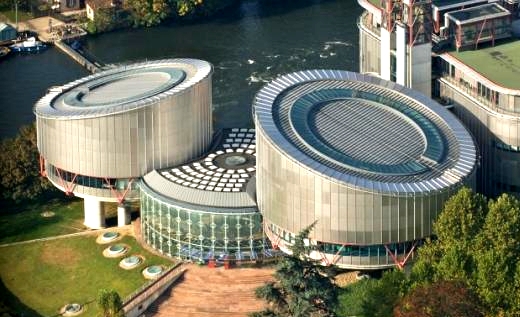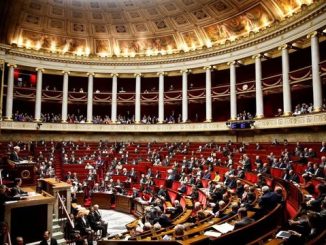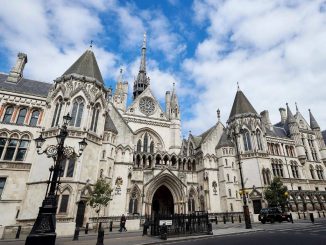
Public bodies that deny requests for information can in some cases be held in breach of individuals’ freedom of expression rights, the European Court of Human Rights has ruled.
In its recent judgment the ECHR said that freedom of expression rights under Article 10 of the European Convention on Human Rights can be applied where there is interference with rights of access to information.
The Court’s finding goes against legal arguments advanced by the UK government in the case. It had claimed that “reading the right to freedom of information into Article 10 would amount to constructing a ‘European freedom of information law’ in the absence of the normal consensus.”
The Court said that whether and to what extent the denial of access to information constitutes an interference with freedom-of-expression rights must be assessed on a case-by-case basis and “in the light of its particular circumstances.”
The purpose of the request for information, the nature of the information sought and the “particular role of the seeker of the information in ‘receiving and imparting’ it to the public, “as well as how “ready and available” the information requested is, are factors to be considered when making that assessment, it said.
The information sought must be “necessary for the exercise of freedom of expression,” and “the information, data or documents to which access is sought must generally meet a public‑interest test in order to prompt a need for disclosure under the Convention,” the ECHR said.
The ECHR was ruling in a case that originated in Hungary, where a non-governmental organisation (NGO) has been seeking access to information held by police departments in the country relevant to the appointment of legal aid defense counsel.
The refusal to disclose information, which included personal data, represented a breach of the NGO’s Article 10 freedom of expression rights, the NGO had claimed. The ECHR agreed.





Be the first to comment